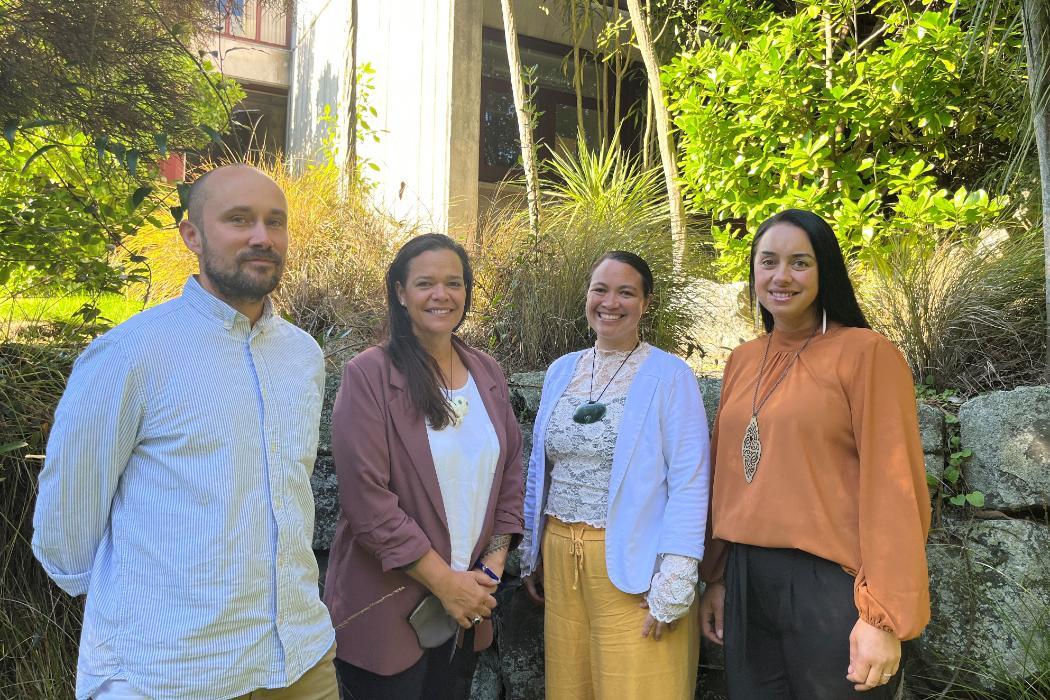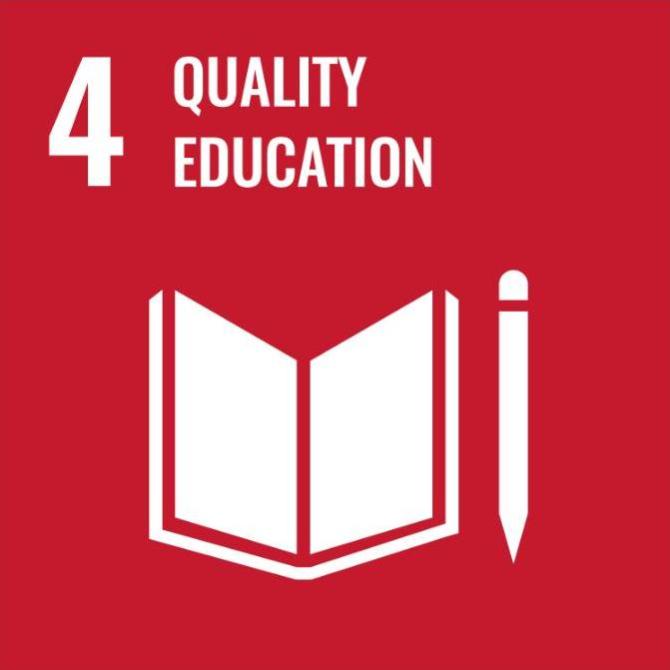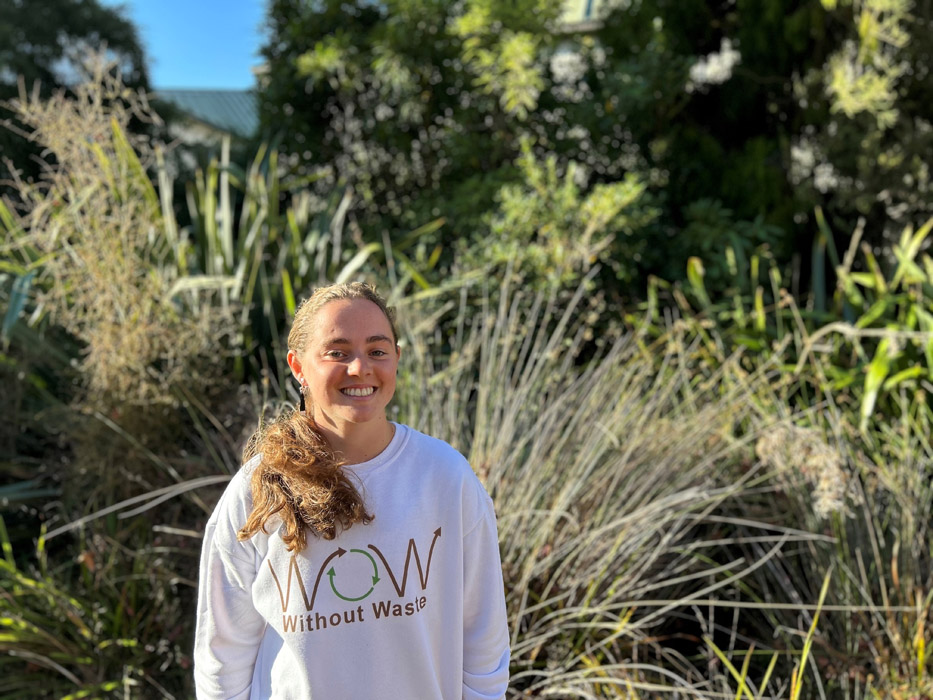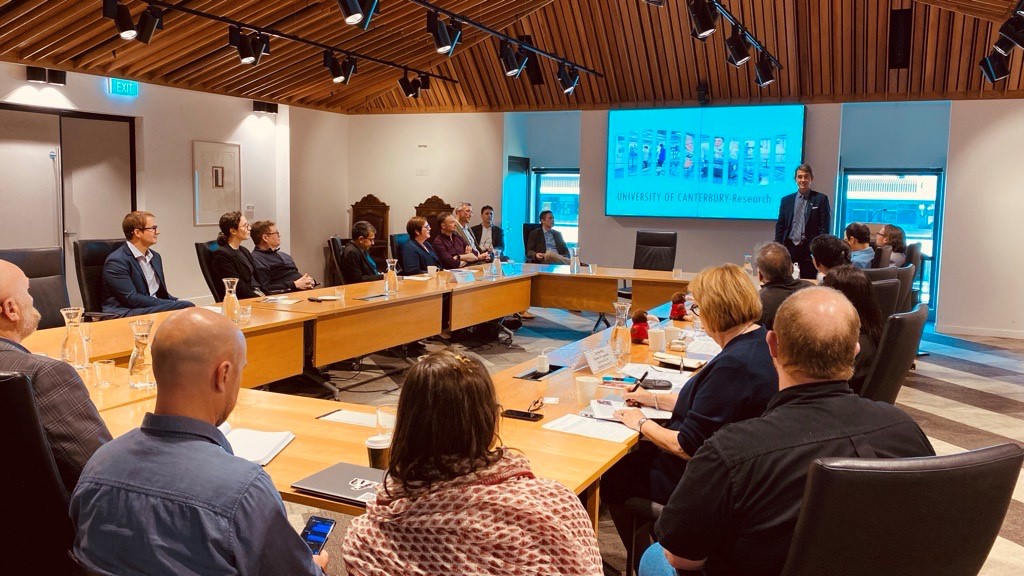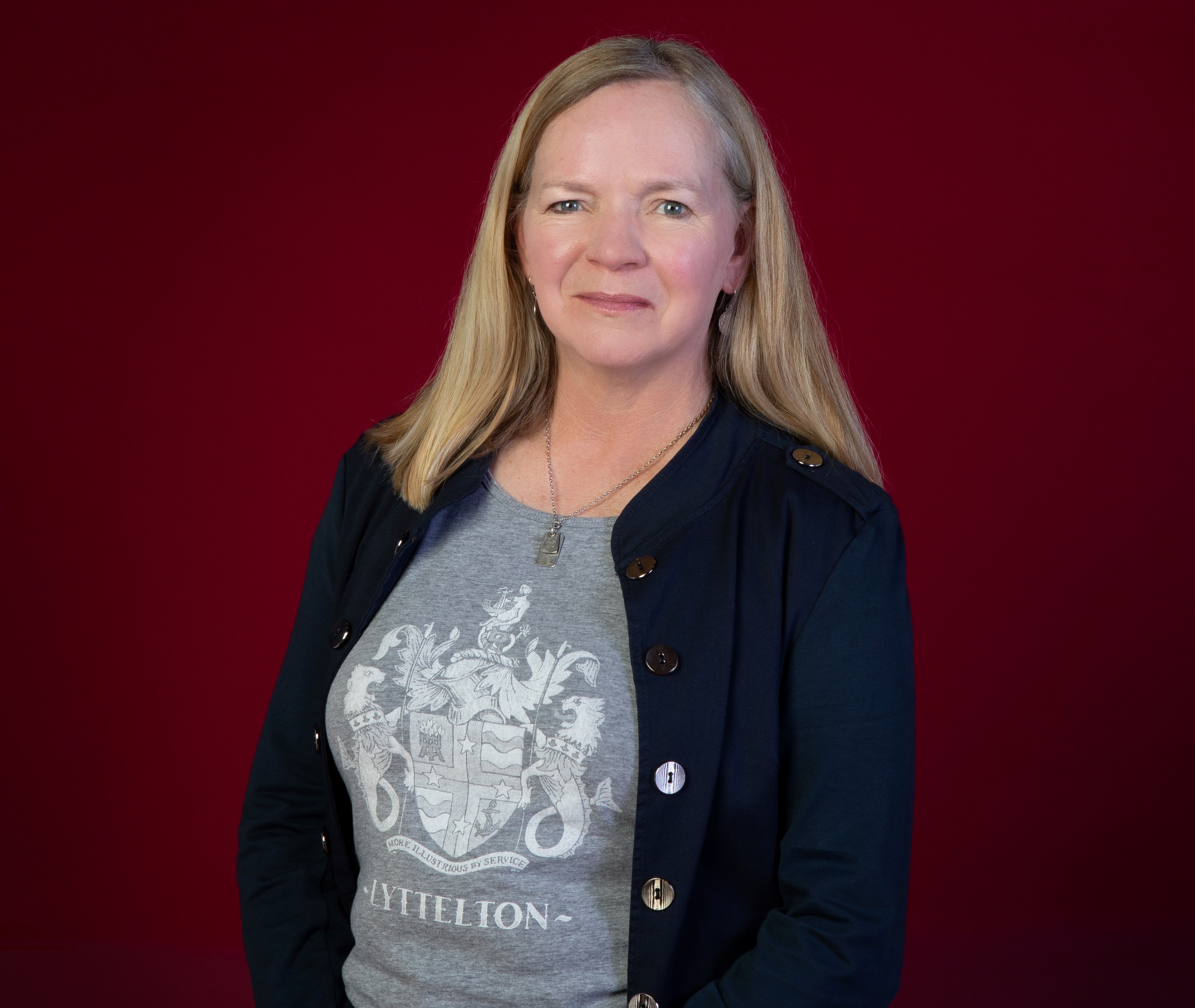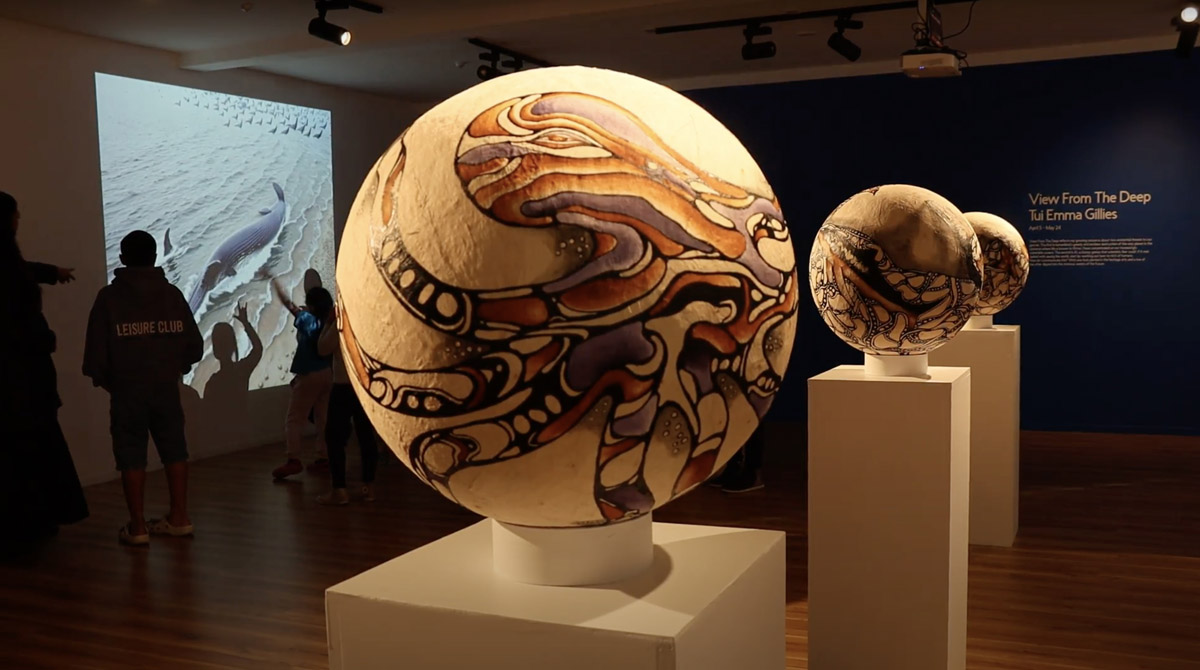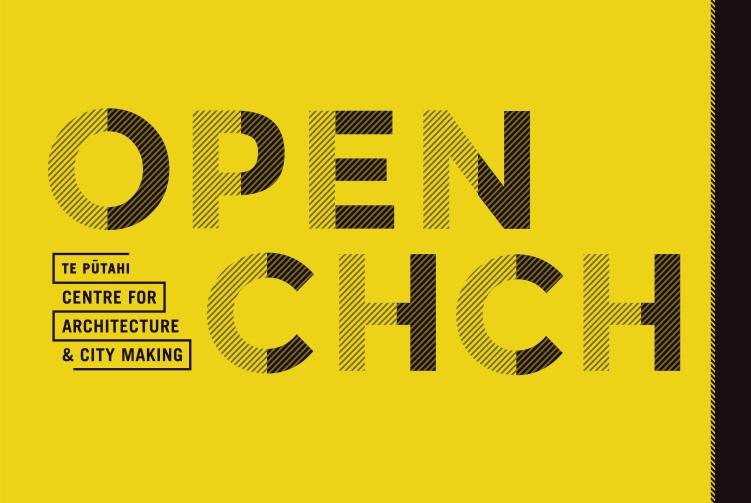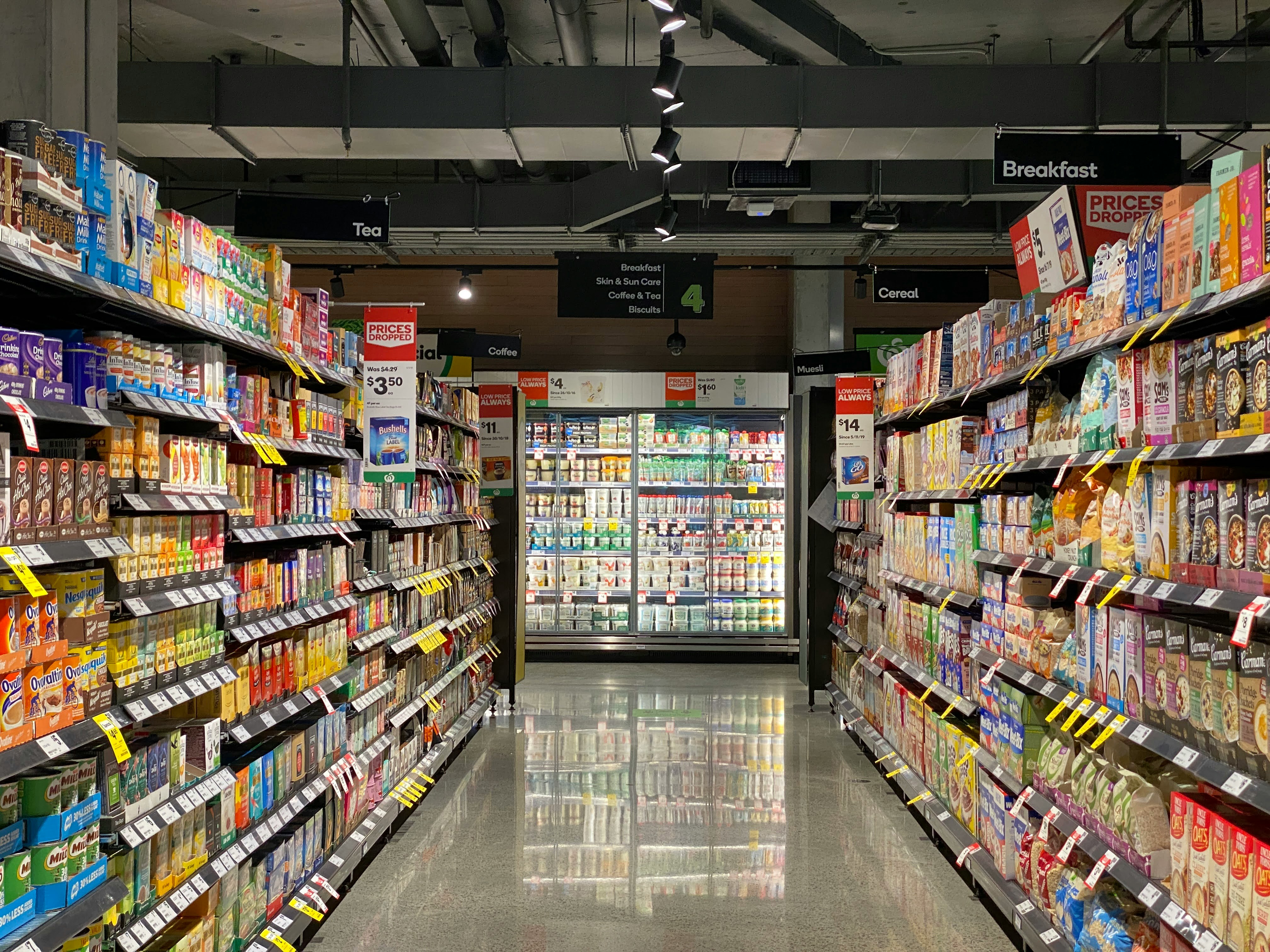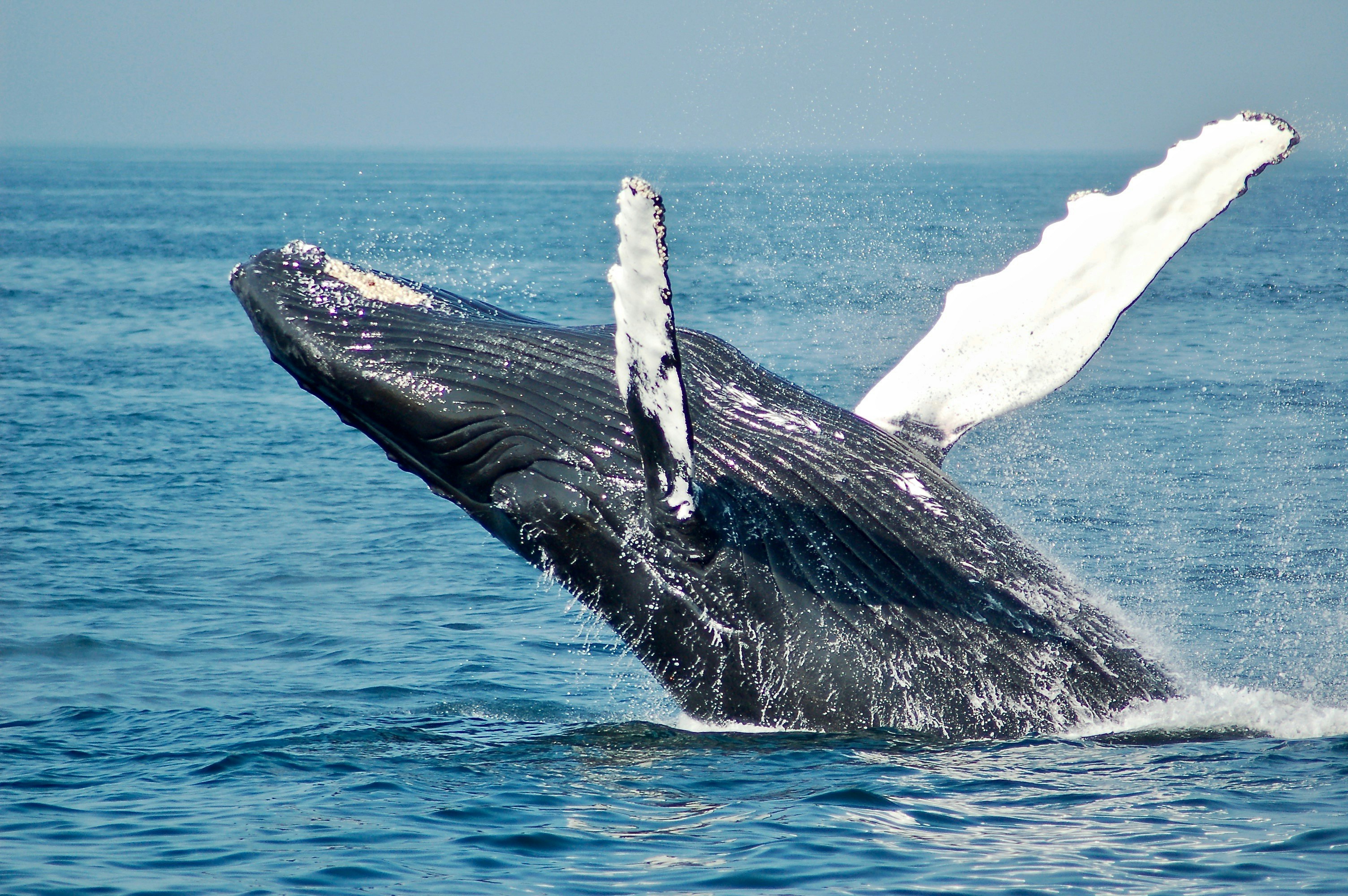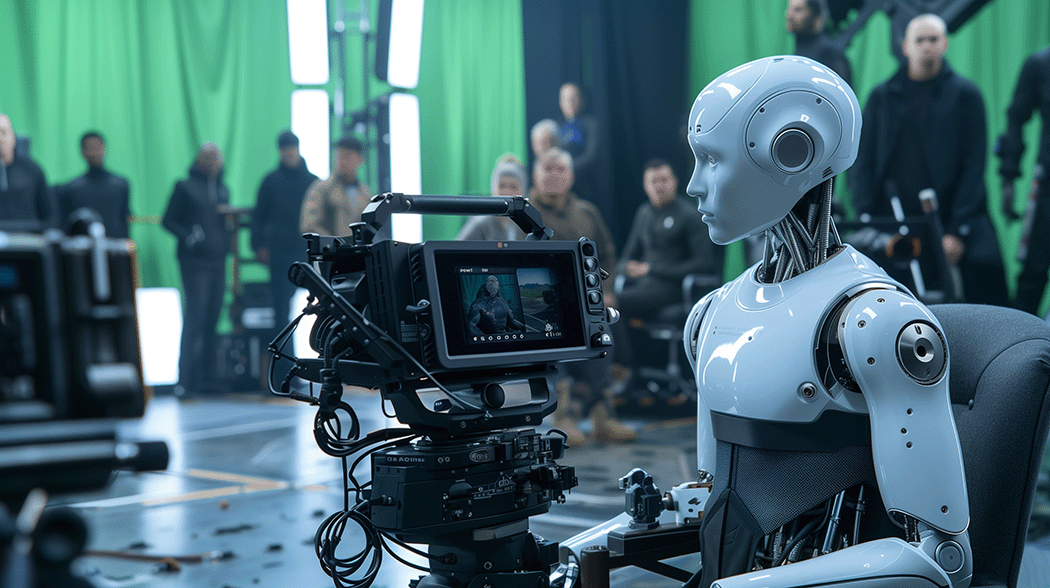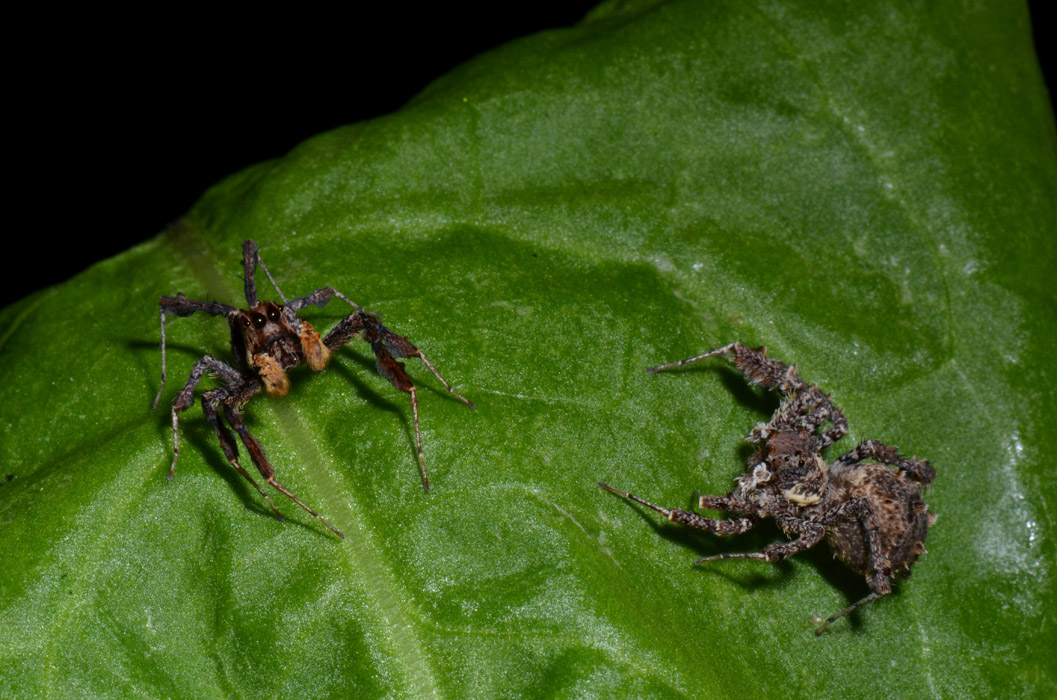Te Kaupeka Ako | UC Faculty of Education Pūkenga Matua | Senior Lecturer Kay-Lee Jones (Te Whānau a Kai, Te Aitanga a Māhaki, Ngāti Porou), says the new programme will help address a shortage of reo Māori speaking teachers and equip new teachers with knowledge of local stories and histories within Waitaha Canterbury.
“Our goal is to introduce a pathway that provides opportunities for trainee teachers to increase their competency and confidence to kōrero [speak] Māori and to teach in te reo Māori, as well as embedding tikanga Māori and mātauranga Māori throughout their practice.
“There is a shortage of quality reo-speaking teachers across Aotearoa, but it’s even more dire in Te Waipounamu [South Island] where there is a real need for Māori teacher education.”
Graduates will be qualified to teach in Māori medium and English medium schools and early childhood centres.
UC Faculty of Education Pūkenga | Lecturer Jody Hohaia (Kāi Tahu, Raukawa, Tainui) says at present many kaiāwhina (support staff) and kaiārahi i te reo (support staff fluent in te reo Māori) working in early childhood centres and schools do not have a recognised teaching qualification.
The new programme will give them an opportunity to study towards a teaching degree while allowing them to remain in paid employment.
“Our goal is for this new programme to create a pathway where they can see a future in education, and they can learn while working and supporting their whānau. It’s accessible for people who need an income while they’re studying. It offers a field-based option where their on-their-job experiences are recognised as part of the course.”
Hohaia says each applicant for the programme will have a hui (meeting) on entry, accompanied by their whānau, and an individualised approach will be developed depending on their strengths, needs, aspirations and experience.
“There will be a discussion about what their pathway could look like. For those who have a big heart for te reo Māori me ōna tikanga [customs], but are still developing fluency, there is a pathway for them.”
Jones adds that the Mātauranga Māori pathway will recognise those who enter the programme with high proficiency in te reo Māori and knowledge of tikanga.
“These taonga (treasures) of te reo Māori me ōna tikanga are highly valuable and sought-after skills and will be recognised at entry.”
The new Ako | Bachelor of Teaching and Learning degree encompasses three separate programmes. One provides a qualification in Early Childhood teaching, one in Primary teaching and the third strand is Mātauranga Māori for Early Childhood and Primary teaching.
Jones says the new approach allows for the interweaving of Māori and Western knowledge streams into the course design for all three Bachelor of Teaching and Learning programmes.
“This speaks to bicultural commitments we hold for the future of education in Aotearoa”.
Te reo Māori me ōna tikanga and Māori values are woven through all three pathways, but the Mātauranga Māori programme will prioritise Māori knowledges, local cultural narratives, te maramataka (the Māori lunar calendar) and te taiao (the environment) while extending confidence and competence to teach in and through te reo Māori.
The third and final year of the Mātauranga Māori degree programme will be taught mainly in reo rumaki (full immersion) and the first two years will be reo rua (bilingual) delivery.
- The new Ako | Bachelor of Teaching and Learning degree will be launched in 2023. Full-time and part-time study options will be available for all programmes. The Early Childhood and Primary Education programmes will have on-campus delivery and distance learning options, while the Mātauranga Māori programme will be offered online, with immersive learning opportunities for students such as being hosted at a local marae to learn the histories and stories of mana whenua.
